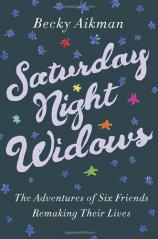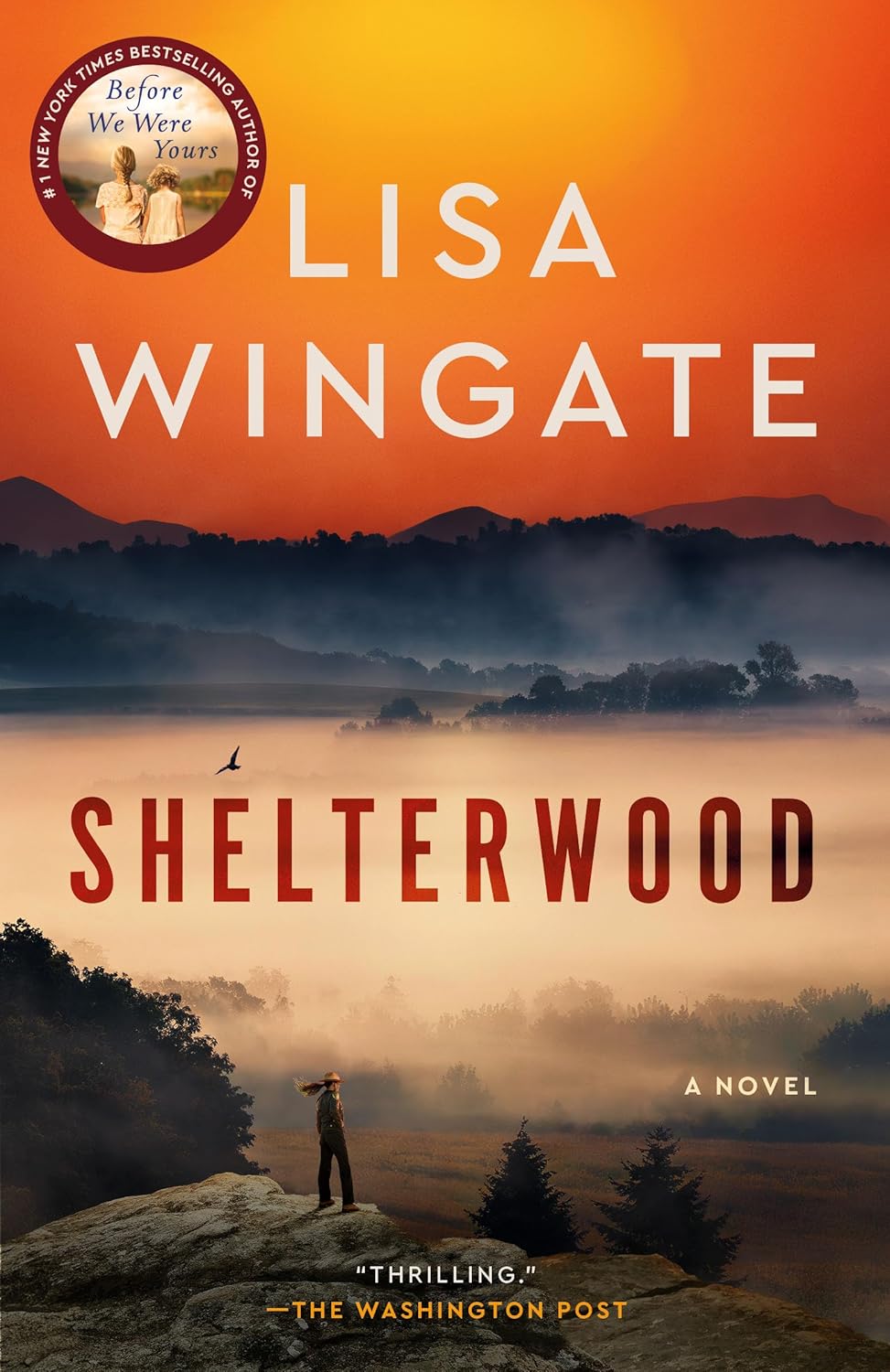Author Talk: January 2014
Question: Why did you decide to write a book about the SATURDAY NIGHT WIDOWS?
Becky Aikman: Losing someone close to you has to be one of life’s most universal experiences, but it wasn’t until it happened to me that I realized our culture doesn’t provide much guidance on how to start over afterward. A lot has been written about dealing with grief, raw, immediate grief, but almost nothing about how to take the next step, to begin to find happiness again. I set out to look at that.
I also think that much of what the SATURDAY NIGHT WIDOWS learned applies to all kinds of setbacks in life, from divorces to job losses to other jolting changes that make it difficult to find our way forward. I wanted to address the broader question: now what?
Q: You could have penned a straightforward memoir about your own experience. Why did you choose to write about a whole group of women instead?
BA: I thought that if I told the story of a variety of women, women with differing backgrounds, personalities, and philosophies of life, readers could find themselves, or parts of themselves, in the various characters. There’s no one correct approach for coping with any transition in life, or if there is, I sure don’t know it. I think that the different actions we took certainly illustrate that everyone reacts to adversity in their own way.
Also, new discoveries about coping with loss suggest that people benefit from getting out into the world with friends, sharing new experiences and laughter. Why not try out these findings in the real world by creating a group with all that in mind? Then why not share with the world what happened by writing about it?
Q: You also could have crafted the story as a novel. Why did you take the nonfiction route?
BA: There’s so much misunderstanding and cliché out there about how people survive and recover from a loss. I wanted the book to be real.
Q: You and the other women reveal some of your most intimate thoughts and experiences in the book. How did everyone feel about committing to that level of exposure?
BA: I think Tara put it best when she read the manuscript: “I feel completely naked . . . but also very brave.” When we first met, I told everyone how important I felt it was for the book to be honest. I said that if they wanted to be a part of this, they couldn’t ask me to change or cut anything. Scary, I know, but it would have defeated the purpose if we glossed over the tricky stuff or left out stories that were too personal.
Of course, I had no idea then just how intimate our relationship would become. We covered it all: how painful and lonely were our darkest moments? What was it like to kiss a man for the first time who was not a husband? What about sex? I recorded everything to make sure the book was accurate, and it was easy to forget that the tape recorder was running. So when I sent the women the manuscript, I told them I could change their names if they felt uncomfortable. Waiting for them to read the book made for some of the most unnerving few days of my life. But it turns out they all felt as strongly as I did that we might add to people’s understanding if we held nothing back. So we didn’t.
Q: Do you believe the SATURDAY NIGHT WIDOWS are unusually resilient women?
BA: No. I agree with research that says that most people are resilient and capable of happiness after all sorts of traumas. I think we’re normal. But I also think that banding together gave us greater strength.
Q: What did the women do together that they couldn’t do alone?
BA: I think our growing friendship gave us permission to laugh, to seek out pleasure and love again, to change and enjoy ourselves without judgment. I can’t tell you what a relief it was to feel free of limiting expectations, to breathe. And the examples we saw in each other gave us the courage to break the mold, the mold imposed by society—and ourselves.
Q: Many readers have told you they are starting their own groups like the SATURDAY NIGHT WIDOWS. What should they keep in mind?
BA: They should do whatever feels right for them. As for us, we were determined not to be a traditional support group. The stated purpose of our meetings was to share adventures, to get comfortable trying new things, not just to talk about what we were up against. Once we got together, believe me, the talking took care of itself.
Q: Do you have to be a widow to benefit from a group like this?
BA: No! Given all that we know about how friendship bolsters mental and physical wellbeing, I don’t think it matters whether you’re widowed, divorced, married, or a nun. We all benefit by making time in our busy lives to do cool stuff with our friends.
Q: How cool does that stuff have to be? Some of your exploits were pretty over the top.
BA: We really wanted to get out there, but I don’t think it’s necessary to saddle up on camel caravans or mix it up with widowers. I still like the idea that we tried things that stretched us and kept us from getting stodgy. But they could have been relatively simple, too: taking a hike in a beautiful park or watching a classic movie. Volunteering at the children’s camp was one of our favorite outings. Looking back, I think the activity was like the MacGuffin, the secret formula in a Hitchcock movie: the exact nature of the MacGuffin didn’t matter much so long as it sets the plot in motion.
Q: Did you conceive of this book as a way of offering advice for others going through hard times?
BA: I wouldn’t presume to foist advice on anyone, which is why I did not write a book of advice. Instead I wrote a book of stories, real stories about real women who made different choices that were right for them. Because that’s one of the best ways we have to learn about anything, I think, by sharing each other’s stories.









